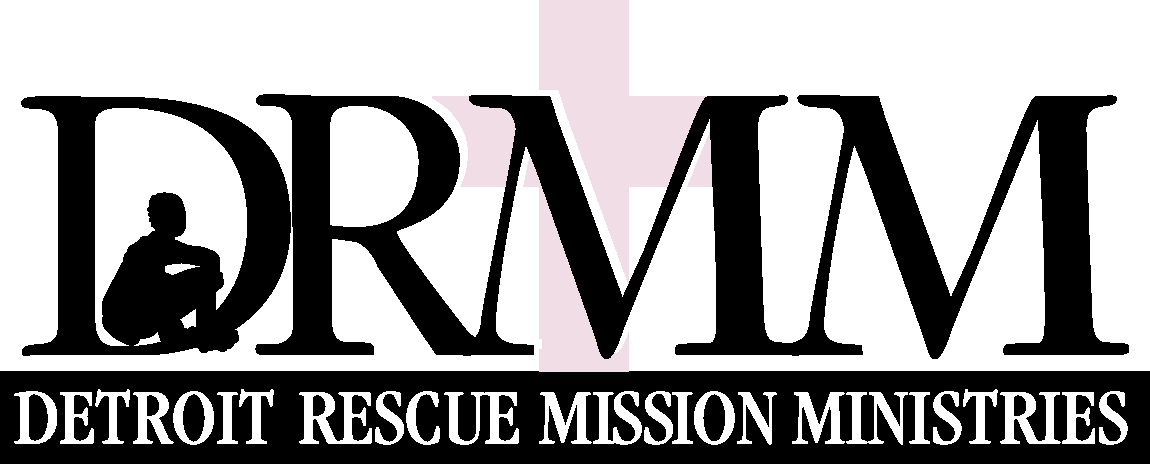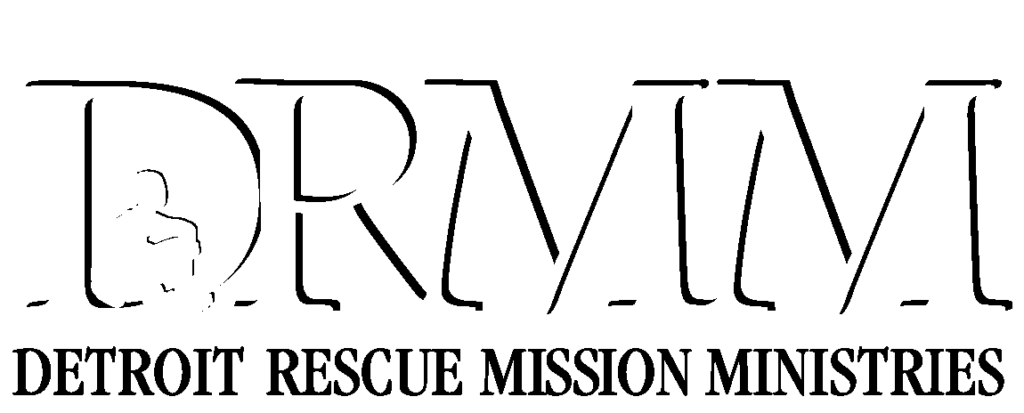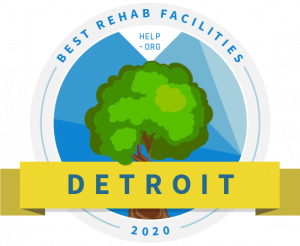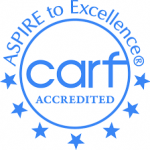Residency Rule Jeopardizes Funding
The Detroit City Council has decided to postpone the start of a new policy that denies federal Community Development Block Grants and Neighborhood Opportunity Funds to Detroit nonprofit groups whose boards are not made up of at least 51% Detroit residents. The residency requirement will now be revisited by council for next year’s block grant allocation process.
As you can imagine, this controversial “board residency requirement” would have a tremendous impact on organizations that help the disadvantaged in Detroit, like the Detroit Rescue Mission Ministries (DRMM). Under the ordinance, DRMM and more than 100 other nonprofits would be ineligible for the funds. The council’s new vote basically amounts to a one year reprieve for nonprofits. They will have to comply or face a total loss of millions of dollars next year. Not only do the grants provide crucial funding for services, programs, utilities and salaries, but some suburban donors already have indicated they will stop giving to DRMM “if this is how people in Detroit are viewing us.” That response comes as a reaction to the council’s original decision and defense of the requirement. Councilwoman Barbara-Rose Collins was quoted in the news media as saying that allowing suburbanites to be the majority on nonprofit boards showed a “slave master mentality.”
What difference does it make whether the majority of a nonprofit’s board members are city residents? Part of a board member’s responsibility is to help the charities get money, and they are not paid for the work they do. What truly matters is what’s in their hearts. Can only Detroiters determine the best way to spend money for needy Detroiters? Of course not. It’s the people who need help who will suffer the most from this residency rule. What do you think?







